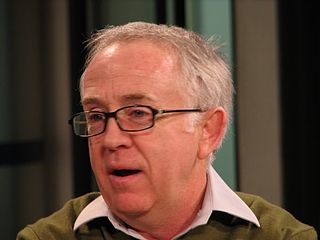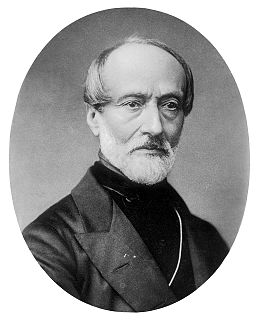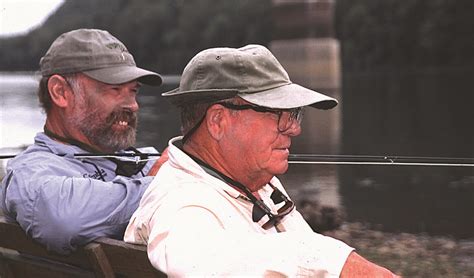A Quote by George Wald
If the germ plasm wants to swim in the ocean, it makes itself a fish; if the germ plasm wants to fly in the air, it makes itself a bird. If it wants to go to Harvard, it makes itself a man. The strangest thing of all is that the germ plasm that we carry around within us has done all those things. There was a time, hundreds of millions of years ago, when it was making fish. Then ... amphibia ... reptiles ... mammals, and now it's making men.
Related Quotes
To despair over one's sins indicates that sin has become or wants to be internally consistent. It wants nothing to do with the good, does not want to be so weak as to listen occasionally to other talk. No, it insists on listening only to itself, on having dealings only with itself; it closes itself up within itself, indeed, locks itself inside one more inclosure, and protects itself against every attack or pursuit by the good by despairing over sin.
The facts are really not at all like fish on the fishmonger's slab. They are like fish swimming about in a vast and sometimes inaccessible ocean; and what the historian catches will depend, partly on chance, but mainly on what part of the ocean he chooses to fish in and what tackle he chooses to use - these two factors being, of course, determined by the kind of fish he wants to catch. By and large, the historian will get the kind of facts he wants. History means interpretation.
Allowing the fly to sink to the fish's level, the angler makes a retrieve. The fly comes directly at the fish, which suddenly sees its approach. As the small fly get nearer, the fish moves forward to strike, but the tiny fly doesn't flee at the sight of the predator. Instead it continues to come directly toward the fish. Suddenly the fish realizes intuitively that something is wrong(its never happened before), so it flees until it can assess the situation. An opportunity for the angler has been lost.
All one wants to do is make a small, finished, polished, burnished, beautiful object . . . I mean, that's all one wants to do. One has nothing to say about the world, or society, or morals or politics or anything else. One just wants to get the damn thing done, you know? Kafka had it right when he said that the artist is the man who has nothing to say. It's true. You get the thing done, but you don't actually have anything to communicate, apart from the object itself.
The search for a "suitable" church makes the man a critic where God wants him to be a pupil. What he wants from the layman in church is an attitude which may, indeed, be critical in the sense of rejecting what is false or unhelpful but which is wholly uncritical in the sense that it does not appraise- does not waste time in thinking about what it rejects, but lays itself open in uncommenting, humble receptivity to any nourishment that is going.





































